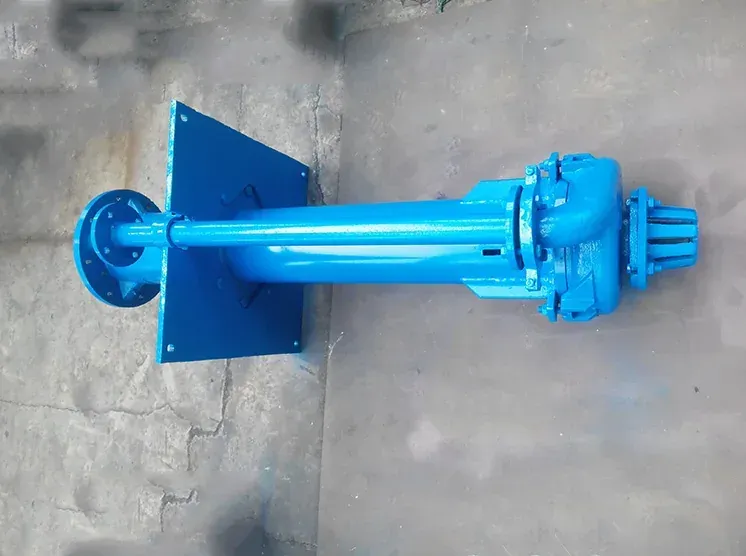Azerbaijani
- Afrikaans
- Albanian
- Amharic
- Arabic
- Armenian
- Azerbaijani
- Basque
- Belarusian
- Bengali
- Bosnian
- Bulgarian
- Catalan
- Cebuano
- Corsican
- Croatian
- Czech
- Danish
- Dutch
- English
- Esperanto
- Estonian
- Finnish
- French
- Frisian
- Galician
- Georgian
- German
- Greek
- Gujarati
- Haitian Creole
- hausa
- hawaiian
- Hebrew
- Hindi
- Miao
- Hungarian
- Icelandic
- igbo
- Indonesian
- irish
- Italian
- Japanese
- Javanese
- Kannada
- kazakh
- Khmer
- Rwandese
- Korean
- Kurdish
- Kyrgyz
- Lao
- Latin
- Latvian
- Lithuanian
- Luxembourgish
- Macedonian
- Malgashi
- Malay
- Malayalam
- Maltese
- Maori
- Marathi
- Mongolian
- Myanmar
- Nepali
- Norwegian
- Norwegian
- Occitan
- Pashto
- Persian
- Polish
- Portuguese
- Punjabi
- Romanian
- Russian
- Samoan
- Scottish Gaelic
- Serbian
- Sesotho
- Shona
- Sindhi
- Sinhala
- Slovak
- Slovenian
- Somali
- Spanish
- Sundanese
- Swahili
- Swedish
- Tagalog
- Tajik
- Tamil
- Tatar
- Telugu
- Thai
- Turkish
- Turkmen
- Ukrainian
- Urdu
- Uighur
- Uzbek
- Vietnamese
- Welsh
- Bantu
- Yiddish
- Yoruba
- Zulu
Telephone: +86 13120555503
Email: frank@cypump.com
Dek . 14, 2024 17:41 Back to list
submersible industrial pump
Understanding Submersible Industrial Pumps Applications, Advantages, and Maintenance
Submersible industrial pumps are specialized devices designed to operate underwater or submersed in liquids, offering a range of applications across various industries. These pumps are vital for efficiently moving fluids, whether it’s water, sewage, or any industrial liquid. Their submerged design allows them to operate without the need for a suction line, making them an excellent choice in situations where traditional pumps may struggle.
Applications of Submersible Industrial Pumps
One of the most significant advantages of submersible pumps is their versatility. They are widely used in sectors such as construction, municipalities, mining, and agriculture for diverse applications
1. Water Transfer In construction sites, submersible pumps are crucial for dewatering foundations and excavations. They effortlessly remove excess groundwater or stormwater, ensuring a dry working environment.
2. Wastewater Management Municipalities utilize submersible pumps to manage sewage systems. These pumps are designed to handle solid contents and can efficiently transport wastewater to treatment facilities.
3. Mining Operations In mining, submersible pumps are critical for dewatering mines. They can handle varying liquid levels and harsh environments, ensuring safety and operational efficiency.
4. Irrigation Farmers often employ submersible pumps to extract groundwater for irrigation purposes. Their efficiency in deep-water wells ensures crops receive adequate water supply.
5. Aquaculture In fish farming, submersible pumps maintain water circulation, which is essential for the health and growth of aquatic life.
Advantages of Submersible Industrial Pumps
Submersible industrial pumps offer numerous benefits that make them a preferred choice in many applications
- Space Saving Since these pumps are located below the surface of the liquid, they require minimal space on land. This makes them ideal for confined locations where traditional pumps cannot fit.
submersible industrial pump

- Energy Efficiency Submersible pumps tend to be more energy-efficient than their centrifugal counterparts because they do not have to work against atmospheric pressure. As a result, they can operate with less energy expenditure, leading to lower operational costs.
- Reduced Noise Levels Since they are submerged, submersible pumps are quieter than surface pumps, making them suitable for residential areas and noise-sensitive environments.
- Durable Design Designed to operate underwater, these pumps are built with robust materials that resist corrosion, wear, and tear, making them suitable for harsh environments.
Maintenance of Submersible Industrial Pumps
While submersible pumps are designed to be sturdy and reliable, regular maintenance is crucial to ensuring longevity and efficiency. Here are some tips for maintaining submersible industrial pumps
- Regular Inspection Conduct routine visual inspections to check for any signs of wear, leakage, or physical damage. Look for unusual noises during operation, which may indicate a mechanical issue.
- Clean the Pump Remove debris and sediment that may accumulate around the pump intake. This helps maintain optimal performance and prevents clogging.
- Check Electrical Components Ensure that all electrical connections are secure, and inspect wiring for damage. Regularly test the pump’s operation to confirm that the control panel is functioning correctly.
- Monitor Performance Keep an eye on the pump’s flow rate and pressure. Any significant deviations from normal operating parameters can indicate a problem that requires immediate attention.
- Schedule Professional Maintenance Engage professionals for regular servicing and inspections. They can offer specialized knowledge and tools to identify and resolve issues before they escalate.
Conclusion
In summary, submersible industrial pumps play a critical role in various sectors by providing efficient and effective fluid management solutions. Their versatility, energy efficiency, and durability make them ideal for tasks ranging from wastewater management to irrigation. By understanding their applications and advantages, along with the importance of regular maintenance, industries can maximize the performance and lifespan of their submersible pumps, ensuring they remain an invaluable asset for years to come.
-
High-Performance Air Pumps for Sand & Gravel | Efficient Transport
NewsAug.03,2025
-
ISG Series Vertical Pipeline Pump - Chi Yuan Pumps Co., LTD.|Energy Efficiency, Corrosion Resistance
NewsAug.03,2025
-
ISG Series Pipeline Pump - Chi Yuan Pumps | Energy Efficiency&Compact Design
NewsAug.03,2025
-
ISG Series Vertical Pipeline Pump - Chi Yuan Pumps Co., LTD.|High Efficiency, Low Noise, Durable
NewsAug.02,2025
-
ISG Series Vertical Pipeline Pump - Chi Yuan Pumps | High Efficiency, Low Noise
NewsAug.02,2025
-
ISG Series Vertical Pipeline Pump- Chi Yuan Pumps Co., LTD.|High Efficiency&Compact Design
NewsAug.02,2025










